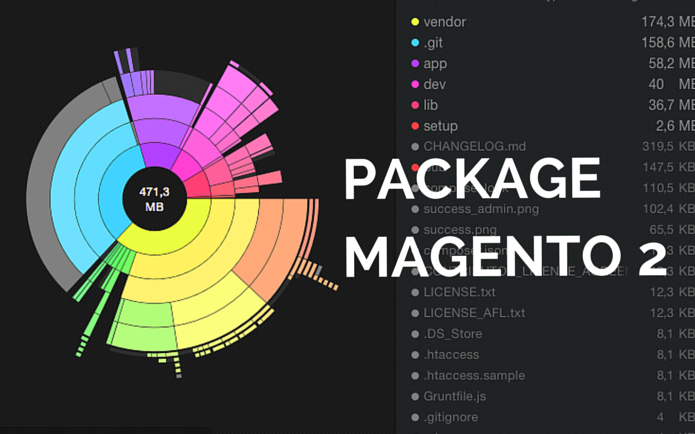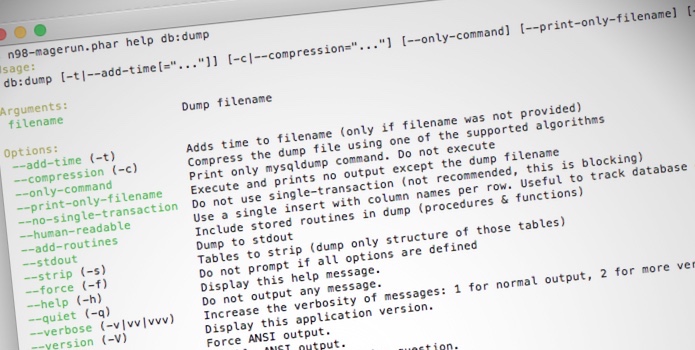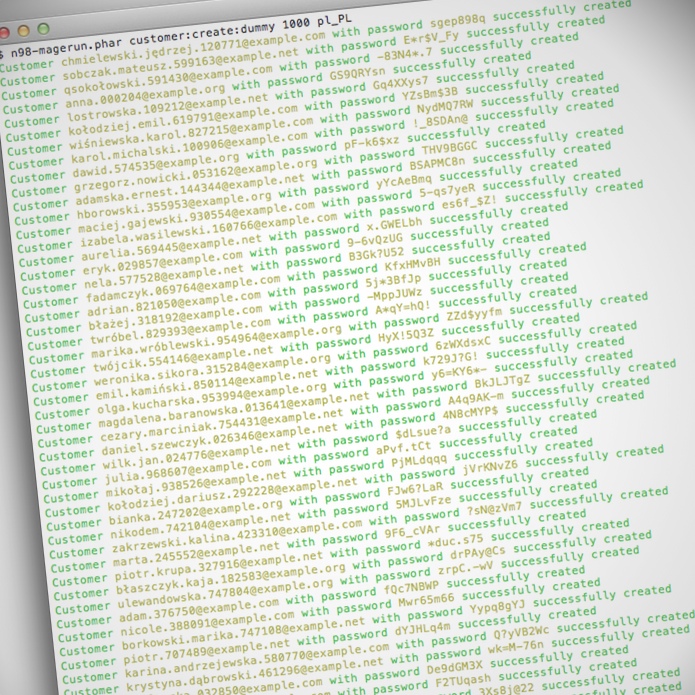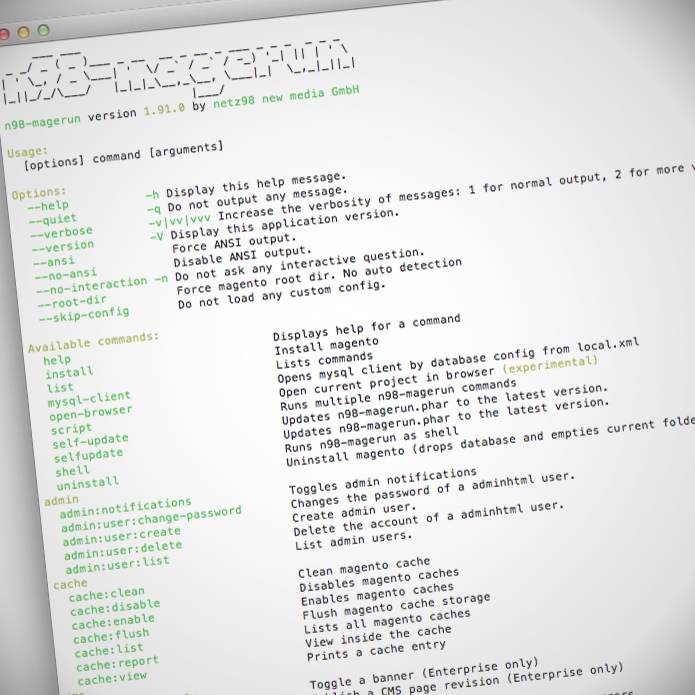Category: Magento
-
Crazy Magento 2 core patches
Last year I took over a maintenance of the Magento 2 Commerce site. Check how I needed to deal with already applied core patches.
-
Magento 2: add CMS Page programmatically
I’m starting series of short blog posts to share solutions for common Magento 2 problems. In first one I’m going to show how to add CMS Page programmatically in setup scripts.
-

Extension developers, test your extensions
This post isn’t about advanced testing techniques like a Test Driven Development, an unit testing or a functional testing. It’s just about spending some time to USE an extension you wrote to make sure it works in different cases.
-

Meet Magento 2014 Poland remarks
It’s been almost two months since I got back from the Meet Magento Poland 2014 conference. See my random thoughts I have gathered after the conference.
-

How to prepare Magento 2 beta package for offline use
Let’s see how to prepare Magento 2 beta package for offline use and how to compress sample data for the new platform.
-

How to easily dump Magento database with n98-magerun
Let’s see how to dump a Magento database easily with a n98-magerun tool.
-

Get a free Meet Magento PL 2014 ticket!
It’s only 9 days left to a Meet Magento PL 2014 conference. Haven’t got your ticket yet? I have one free ticket to give away!
-

Bring a lot of customers to Magento store… using n98-magerun
See how n98-magerun lets you create fake customer data for testing purposes.
-

Top 10 n98-magerun command calls
n98-magerun is a very useful tool when working on Magento stores. It saves time and makes a lot of Magento development related tasks much easier. Check out a list of my 10 favorite commands.